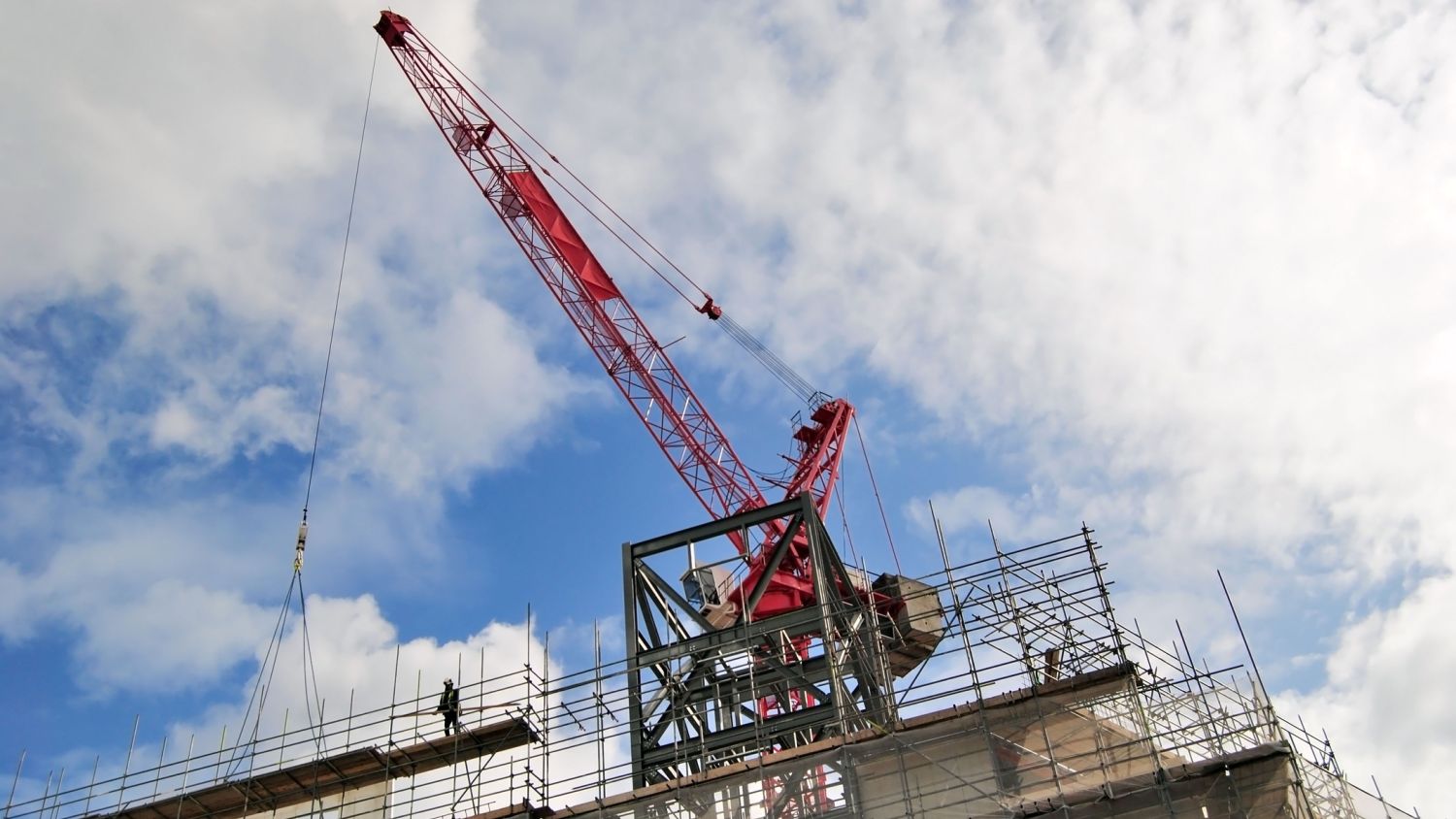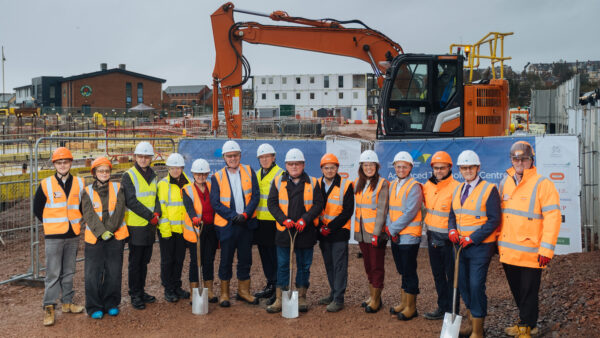
MPs have called for mandatory whole-life carbon assessments for buildings under construction.
The recommendation came as the influential Environmental Audit Committee (EAC) warned that the sector needs to cut carbon emissions urgently.
In a new report, the EAC said that to reduce the levels of CO2 in construction, mandatory whole-life carbon assessments should be incorporated in building regulations and the planning system.
‘UK lagging other countries’
The assessment would calculate the emissions from the construction, maintenance and demolition of a building. It would also track the energy used in its day-to-day operation. The MPs warned that the UK is currently lagging countries such as the Netherlands and France. Both have already made such assessments mandatory.
The MPs also called for carbon targets for buildings to align with the UK’s net-zero goals once the assessments are in place.
And they urged the government to introduce whole-life carbon assessments no later than December 2023.
Focus on retrofit
Meanwhile, the MPs’ report called on the government to prioritise the retrofit and reuse of buildings over new build.
The committee added: “While the government states it is prioritising retrofit and reuse, the committee is concerned that reforms to permitted development rights appear to have created an incentive for demolition and new-build over retrofit.”
Where retrofit is not possible, EAC recommended “efficient and more effective” use of low-carbon building materials. It suggested that mandating whole-life carbon assessments for buildings could encourage the use of more recycled steel and other recycled building materials.
“Before the summer recess in July, I urge the government to publish a retrofit strategy and upskilling programme that can ensure the UK economy will have the green jobs necessary to deliver a low-carbon built environment.”
And EAC recognised the potential of timber as a low-carbon construction material. Although it identified significant hurdles to its wider use. These include appropriate sourcing, enhanced tree planting and a skills gap in timber construction.
‘Chronic skills gap’
The EAC also recognised a “chronic skills gap” in the UK in energy efficiency and retrofit. As a result, it repeated its previous recommendation for a retrofit strategy and upskilling programme. And it called for training in undertaking whole-life carbon assessments via the education system.
EAC chairman, Philip Dunne, said: “From homes to offices, retail units to hospitality venues, our buildings have a significant amount of locked-in carbon, which is wasted each time they get knocked down to be rebuilt, a process which produces yet more emissions.
“Ministers must address this urgently. Promising steps are being taken: for instance, the Levelling-Up, Housing and Communities secretary of state recently paused the demolition and retrofit of Marks & Spencer on Oxford Street on environmental grounds.
“But much more needs to be done, and baseline standards for action need to be established. Mandatory whole-life carbon assessments, and targets to crack down on embodied carbon, provide part of the answer. Constructors and developers can then determine which low-carbon materials, such as timber and recycled steel, they can use.
“As in many other areas in the drive to net zero, the UK must have the green skills to make its low carbon future a reality. Before the summer recess in July, I urge the government to publish a retrofit strategy and upskilling programme that can ensure the UK economy will have the green jobs necessary to deliver a low-carbon built environment.”











